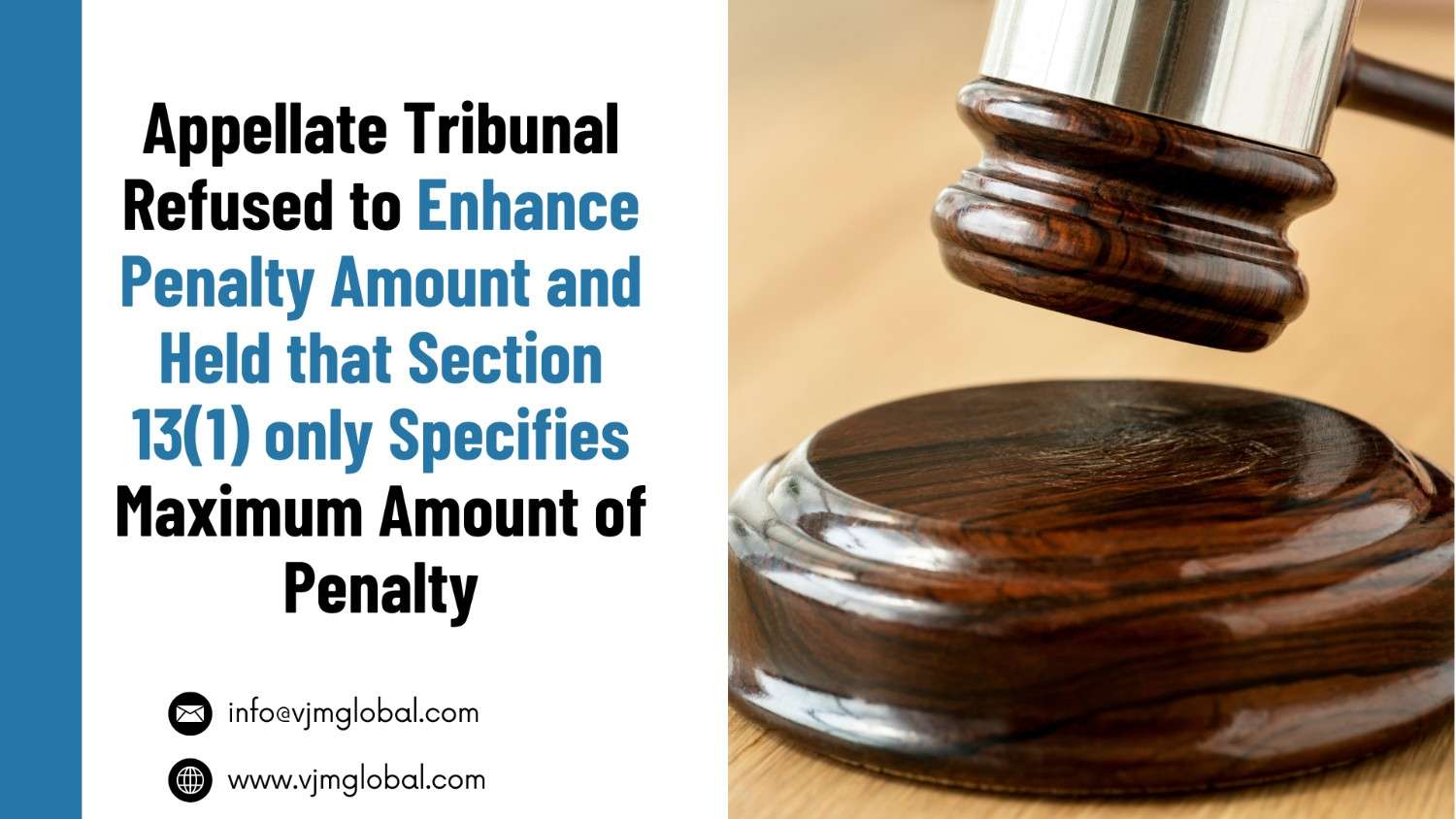On 23rd January 2020, the Central Board of Indirect Taxes and Customs (CBIC) has published Circular No.131/1/2020-GST regarding the Standard Operating Procedure (SOP). This new procedure is for those exporters whose refund has been stuck due to alerts in IGST refund at custom.
In June 2018, the CBIC has noticed instances of fraudulent ITC claims using ineligible documents and subsequent utilization of the credit for the purpose of payment of IGST exports.
In addition, there were substantial variations between the FOB value declared in the Shipping Bill and the Taxable Value declared in the GST returns, with the intent of higher IGST payment using the utilisation of available credit.
To curb these practices, the CBIC has issued Circular No. 16/2019-Customs dated 17 June 2019 introducing additional verification of issue of IGST refunds on export of goods with payment of taxes.
CBIC has identified more than 5000 exporters under the same categories. They have set alerts on IGST Refund of those fraudulent claims.
In most of the cases, the CBIC has detected that ineligible IGST refund claims were from the past few months. At the time of verification, they could not find, the existence of such exporters. Moreover, in most of these cases, the Input Tax Credit (ITC) claims were on the verge of fake invoices.
Standard Operating Procedure to Fasten the verification process
CBIC has prescribed the following procedure,
- CBIC has taken some measures and decided to run a strict parameter-based rigorous checking process. They have decided to use different data analytics and AI tools under the Standard Operating Procedure. When doubtful exporters found, they will take them up for further verification. Until the scrutinized field report of concerned cases come up, CBIC will keep the refund procedure of those exporters in abeyance. In addition to that, certain cases are subject to a 100% examination at the customs port.
- CBIC has taken some essential measures so that genuine exporters don’t face any kind of hassle. The jurisdictional CGST or Customs will inform the exporters whose scrolls are kept in halt. If any exporter wants to accelerate the whole process, the person needs to fill in Annexure ‘A’ form. They have to submit the form to the jurisdictional CGST authorities for verification within the given deadline.
- Jurisdiction CGST office must take 14 days maximum to complete the verification process, once the exporter provides all the information . If the verification does not complete within this period, the jurisdiction CGST officer will inform it through a notice as a part of the Standard Operating Procedure to the nodal cell of the Chief Commissioner Office.
- The exporter can also escalate the matter to the Chief Commissioner/ Jurisdictional Pr. Chief Commissioner of Central Tax if the verification process gets delayed for more than 14 working days. The exporter should send an email to the IDs of jurisdictional Chief Commissioners [provided in Annexure B], explaining all in detail.
- After that, the jurisdictional Chief Commissioner/ Pr. Chief Commissioner must take the required action. They have to complete the pending verification process within the next 7 working days.
EndNote
If any kind of claimed refund remains pending for more than a month, the exporter must register at www.cbic.gov.in/issue and draft his/her grievances. Relevant details like IEC, GSTIN, Port of Export, Shipping Bill No., and CGST form filled in provided format, are mandatory to submit. Next, the Head of the GST or CBIC Committee will examine the issue to find a real-time resolution.
Read More: CBIC introduces additional safeguards for verification of IGST refunds


%20(18).webp)
.webp)









